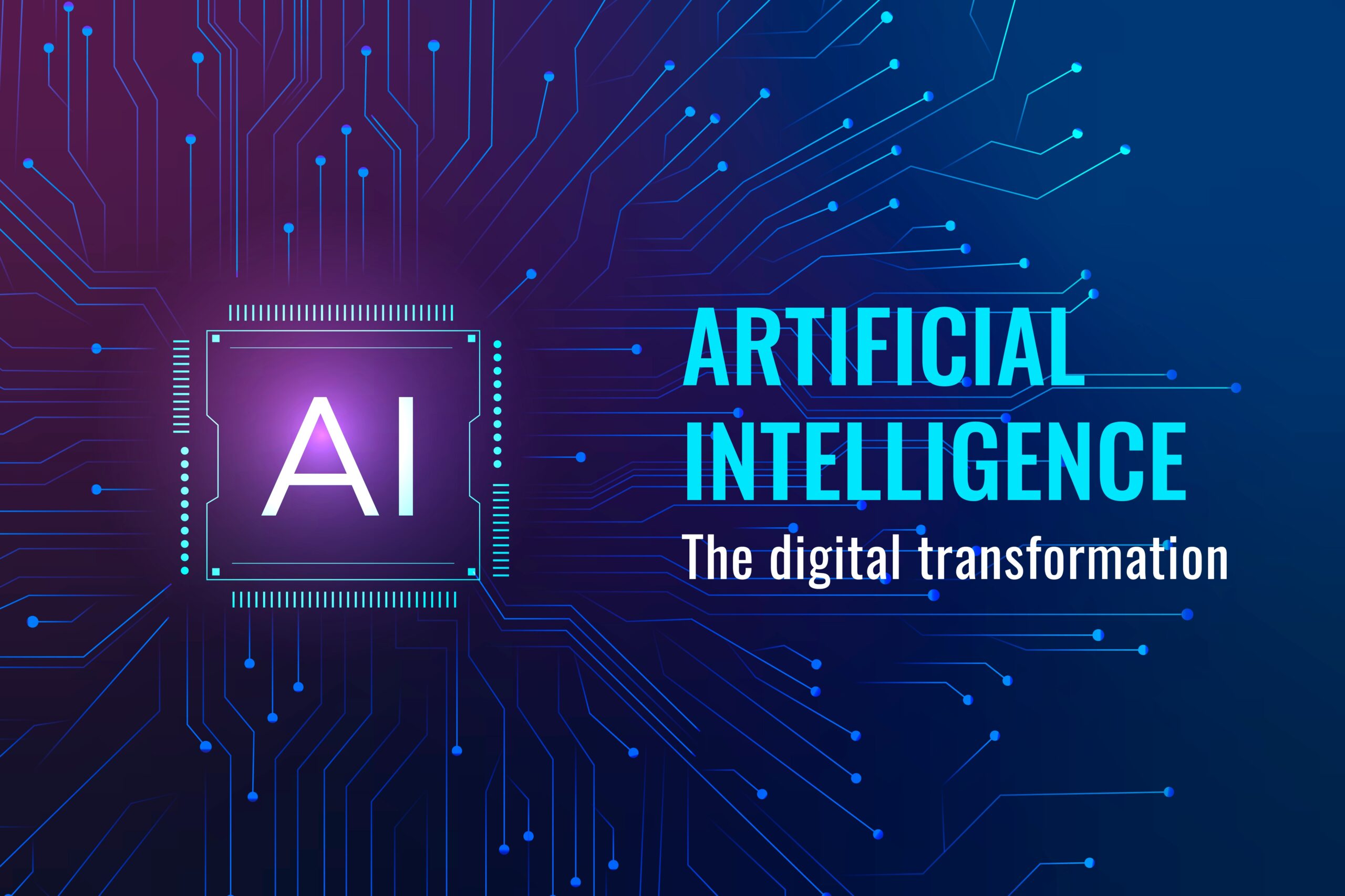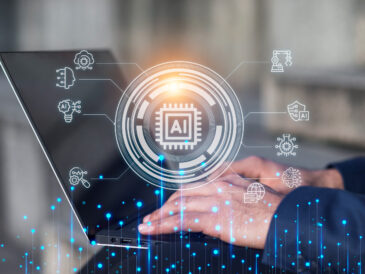Imagine a world where machines could learn from data, solve problems, and interact with humans seamlessly. That’s exactly what Artificial Intelligence (AI) is. AI is a buzzword that dominates the world of technology today. It’s widely believed that AI will be the key driver of innovation in the coming years.
This post will cover everything you need to know about AI, from its definition, how it works, its advantages and disadvantages, and applications in various fields. So let’s dive deep into the world of artificial intelligence.
What Is Artificial Intelligence?
Artificial intelligence (AI) is the capability of computers and robots to perform tasks that normally require human intelligence. AI is a vast branch of computer science that includes machine learning and deep learning, creating a paradigm shift in the technology industry. The development of intelligent software and systems is accomplished by studying the cognitive process and patterns of the human brain.
Although AGI (Artificial General Intelligence), the ability for machines to “sense, think, and act” like humans, is not yet available, ASI (Artificial Superintelligence) would surpass human intelligence in every way. AI is becoming part of everyday life, with companies investing in it across all sectors, from self-driving cars to Siri and Alexa-style smart assistants.
How Does Artificial Intelligence Work?
AI works by ingesting data that has already been labelled and analysed to identify patterns and then making predictions based on this analysis. AI has already significantly impacted healthcare, including using AI for diagnosing patients and identifying potential pandemics such as COVID-19.
AI programming focuses on cognitive skills such as learning, reasoning, and self-correction. Machine learning and deep learning algorithms are used to create intelligent machines that can learn from data, identify patterns, and make predictions, leading to advances in fields as diverse as medicine, transportation, and entertainment.
Why Is Artificial Intelligence Important?
AI allows for the development of smart machines that can perform these tasks with increased efficiency and accuracy. It is important because it can potentially reduce costs and increase the efficacy of human endeavours.
For example, AI can predict fraud in financial transactions and provide enterprises with insights into their operations that were previously unknown. Additionally, machine learning and deep learning advancements are causing a paradigm shift in technology, making AI more ubiquitous in everyday life. Overall, artificial intelligence has the potential to revolutionise the way we live and work.
Benefits And Potential Side Effects Of Artificial Intelligence
Artificial intelligence is a computer system that mimics human intelligence and is capable of performing tasks that usually require human input. AI provides several benefits, such as faster task completion, cost reduction and improved capacities for people with disabilities.
Artificial intelligence systems deliver consistent results and are best suited to detail-oriented and data-heavy jobs. However, its applications require deep technical expertise and a limited supply of qualified workers. Moreover, the lack of generalisation from task to task and the inability to know more than what has been shown are considered disadvantages.
The impact of artificial intelligence on society is debated. It may improve daily tasks and create efficiencies, but it poses privacy risks, exacerbates racism, and leads to unemployment. The greatest risk of artificial intelligence comes from its competence rather than consciousness or malevolence, with the potential for high-performing systems programmed to do something destructive, leading to devastating impacts. Therefore, AI requires careful consideration and ethical guidelines to avoid negative consequences.
Are Artificial Intelligence And Machine Learning The Same?
Artificial Intelligence (AI) refers to machines programmed to think and learn like humans. Machine learning (ML) is a subset of AI that trains computers to learn without explicit programming, increasing artificial intelligence. While AI simulates human intelligence, cognitive computing mimics and augments human thought processes.
Although related, AI and machine learning are not the same. Machine learning builds systems that improve based on data, while AI is a catch-all term for applications that perform complex tasks. Companies need to invest in data science teams that combine statistics, computer science, and business knowledge to fully benefit from AI. Understanding the differences between AI and machine learning is essential for those looking to utilize these technologies effectively.
What Is The Future Of Artificial Intelligence?
Artificial Intelligence is an emerging technology that is seeing a tremendous increase in funding and application across industries. AI is used in healthcare, finance, and retail, among others, for tasks such as data analysis, decision-making, and customer engagement. The future of AI is bright, with experts predicting potential positive impacts on the global economy, scientific discovery, and overall quality of life.
There may be some job loss due to automation, but AI also creates new job opportunities for developers, researchers, and data analysts. AI excels at finding patterns in large data sets and can be used for specific purposes like fraud detection, gesture recognition, and disease diagnosis. Given its versatility and increasing capabilities, AI is set to revolutionise how businesses operate and solve problems in the future.
The Final Say
The possibilities of artificial intelligence are endless. It will play a more significant role as technology continues to evolve, and the opportunities for AI to be integrated into our everyday lives and businesses are enormous.
Whether it is to identify patterns to enhance business operations or to automate mundane tasks, AI has the potential to revolutionise every industry. So stay ahead by understanding how AI can impact your business.


